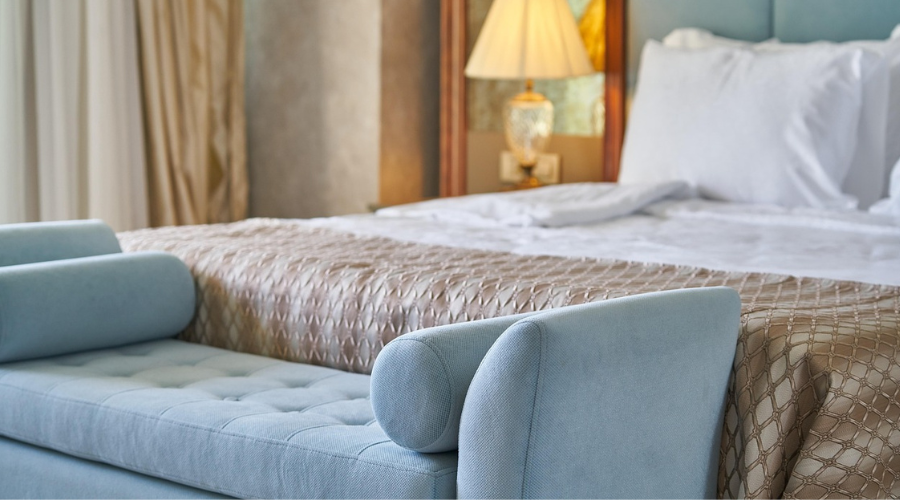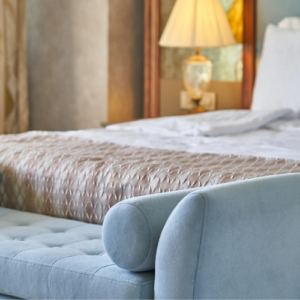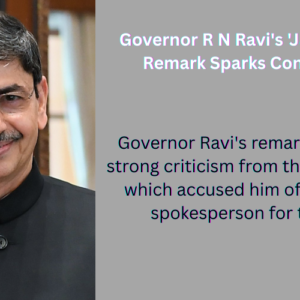We use the word “rather” to give extra emphasis to an adjective or adverb. It’s a bit like using “quite” when describing things that can have different levels. We often use it when we want to say something unexpected or surprising.
A:
You don’t only enjoy playing the guitar, do you?
B:
No, I’m rather passionate about it, actually.
A:
You’re not merely interested in astronomy, are you?
B:
No, I’m rather obsessed with studying the stars and planets.
1. They spoke rather softly during the meeting.
2. I must admit, I felt rather nervous before the presentation.
3. The restaurant was rather crowded, so we decided to go elsewhere.
4. She was dressed rather casually for such a formal event.
Rather a/an + adjective + noun
1. We encountered rather a difficult challenge in our project.
2. She found herself in rather a peculiar predicament.
3. We faced rather a complicated issue during the negotiations.
4. He provided a solution to rather a complex problem.
Rather a + noun
1. It was rather a relief to discover that the meeting was postponed.
2. It was rather a disappointment to realize the concert was canceled.
3. She expressed rather a concern about the new policy changes.
4. It was rather a shock to see the sudden drop in the stock prices.
‘Rather a lot’ to refer to large quantities and amounts:1. I have rather a lot of work to complete before the deadline.
2. She spent rather a lot of time researching and preparing for the presentation.
‘Rather a lot’ also to mean ‘often’:
1. I visit that café rather a lot; their coffee is exceptional.
2. During the summer, we tend to go to the beach rather a lot to enjoy the sun and surf.
Rather can be used to emphasize verbs, and it is commonly used with verbs such as enjoy, like, and hope.
1. I was rather hoping for a positive outcome in the negotiations.
2. She was rather hoping that the weather would improve for the weekend.
3. She rather liked the concept of spending the holidays at a serene mountain retreat.
4. They rather liked the prospect of exploring new cultures during their travels.
5. We were rather enjoying the peaceful atmosphere of the secluded beach.
6. He rather enjoyed the challenge of solving complex puzzles during his free time.
In formal writing, we employ “rather” with “more” and “less,” accompanied by an adjective or adverb, to establish a comparison with something.
1. Having experienced the health benefits of regular exercise, she decided to engage in physical activities rather more frequently than before.
2. Recognizing the importance of effective communication, the team started to conduct meetings rather more regularly to ensure everyone stayed well-informed.
3. Upon revisiting the classic novel, she found the plot to be rather less captivating and somewhat simpler than her initial impression.
4. As the project unfolded, the initial excitement faded, and the tasks seemed rather less challenging and a bit more routine than anticipated.
“Rather” is used with “like” to indicate similarities. The phrase “rather like” conveys the meaning of being ‘quite similar to.
1. The peculiar-looking insects scurried across the forest floor, rather like beetles, but with distinctive markings.
2. As the storm approached, the clouds gathered overhead, forming ominous shapes rather like those seen before a heavy downpour.
3. In the bustling market, the vibrant colors and energetic atmosphere felt rather like a festival celebrating local culture.
4. Amidst the dense fog, the distant figures appeared rather like ghosts, creating an eerie and mysterious ambiance.
Rather than
“Rather than” is employed to underscore the greater significance of one option when comparing two alternatives or preferences.
1. She preferred to spend her evenings reading a book rather than watching television.
2. Choosing a healthy lifestyle, she opted for a salad for lunch rather than a burger.
3. The team decided to focus on quality rather than quantity in their upcoming project.
4. He decided to address the issue directly rather than avoiding it.
5. Sarah chose to take the scenic route rather than the faster highway on her road trip.
“Rather than” typically appears in comparisons between two things. Nevertheless, it can also be used at the beginning of a sentence. When employing “rather than” with a verb, we use either the base form or, less frequently, the -ing form of the verb.
1. She chose to apologize rather than argue about the misunderstanding. (or She chose to apologize rather than arguing about the misunderstanding.)
2. Rather than complain about the workload, he decided to tackle it head-on. (or Rather than complaining about the workload, he decided to tackle it head-on.)
3. Mary opted to walk to the store rather than drive, enjoying the fresh air. (or Mary opted to walk to the store rather than driving, enjoying the fresh air.)
4. Rather than buy a new dress, she decided to alter her existing one for the party. (or Rather than buying a new dress, she decided to alter her existing one for the party.)
5. He preferred to save money rather than splurge on unnecessary luxuries. (or He preferred to save money rather than splurging on unnecessary luxuries.)
Or rather
We use “or rather” to make corrections or clarifications in our statements.
1. She claimed it was an antique, or rather, a well-made replica.
2. The journey was challenging, or rather, it became an unexpected adventure.
3. He assured me it was a comedy, or rather, a dark and satirical take on the genre.
4. The document was supposed to be submitted by Friday, or rather, by the end of the working week.
News in Same Category
 Transitive and Intransitive Verbs
Transitive and Intransitive Verbs
 Ask Questions Using Would You, Could You, Will You and Can You
Ask Questions Using Would You, Could You, Will You and Can You
 Using ‘mind’ as a verb to instruct someone to be careful or take care of something
Using ‘mind’ as a verb to instruct someone to be careful or take care of something
 The term ‘mind’ to denote the act of taking care of someone or something
The term ‘mind’ to denote the act of taking care of someone or something
 He doesn’t mind, She doesn’t mind, I don’t mind
He doesn’t mind, She doesn’t mind, I don’t mind
 The Phrase “Never Mind”
The Phrase “Never Mind”
 Uses of ‘Mind’ as a Noun
Uses of ‘Mind’ as a Noun
 Uses of ‘Being’
Uses of ‘Being’
 ‘In a Nutshell’: Summarizing Complex Ideas Concisely
‘In a Nutshell’: Summarizing Complex Ideas Concisely
 Difference Between Phrase and Clause
Difference Between Phrase and Clause
 Either… or…
Either… or…
 UGC opens doors for top global universities to establish campuses in India
UGC opens doors for top global universities to establish campuses in India
 JEE Advanced 2024: Key Dates and Enrollment Details Announced
JEE Advanced 2024: Key Dates and Enrollment Details Announced
 IIT Madras Launches Integrated Career Pathway Centre for Student Success
IIT Madras Launches Integrated Career Pathway Centre for Student Success
 IIM Lucknow to Soon Release CAT 2023 Answer Key
IIM Lucknow to Soon Release CAT 2023 Answer Key
 IIM Kashipur Announces Executive MBA Program for 2024, Invites Applications for EMAT-2023
IIM Kashipur Announces Executive MBA Program for 2024, Invites Applications for EMAT-2023
 ESIC Announces Examination Schedule for Group C Paramedical Posts
ESIC Announces Examination Schedule for Group C Paramedical Posts
 UKMSSB Announces Recruitment for 1455 Nursing Officer Positions: Application Process Begins on December 12
UKMSSB Announces Recruitment for 1455 Nursing Officer Positions: Application Process Begins on December 12
 NTA Extends JEE Main 2024 Registration Deadline to December 4
NTA Extends JEE Main 2024 Registration Deadline to December 4
 Symbiosis Reports Remarkable Response with Over One Lakh Registrations for SNAP 2023
Symbiosis Reports Remarkable Response with Over One Lakh Registrations for SNAP 2023















































